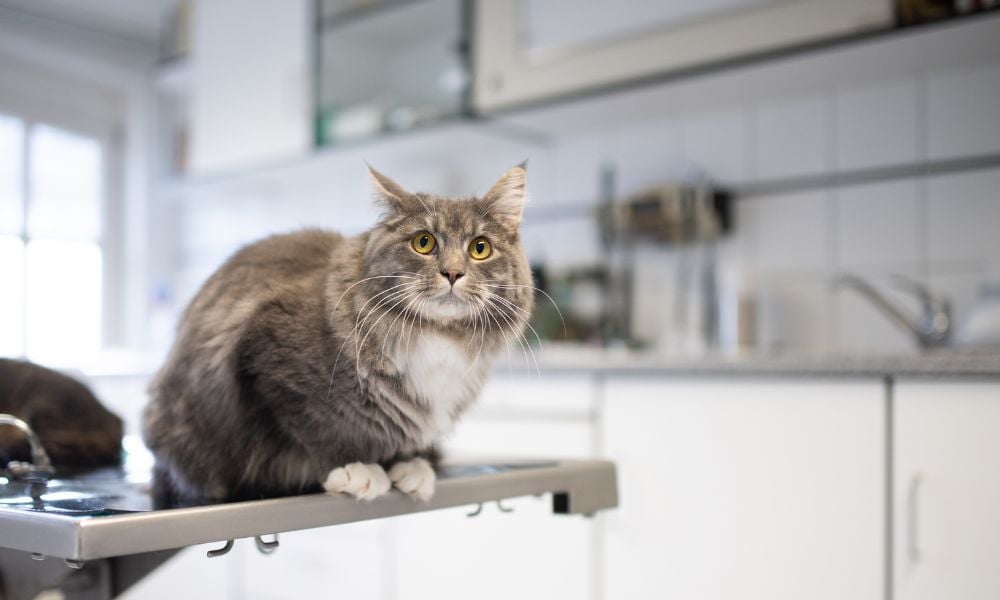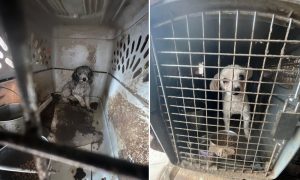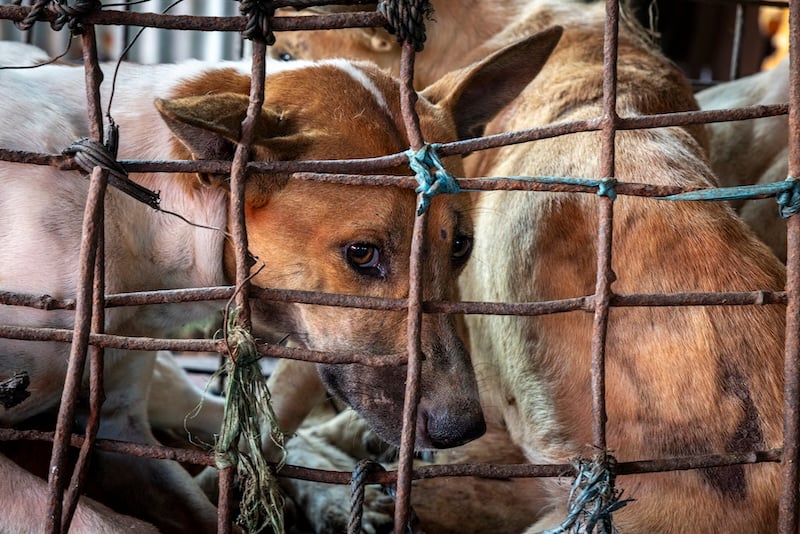Dogs and cats in Quebec, Canada, are now protected against four types of cosmetic surgeries, thanks to new regulations prohibiting vocal cord removal, cosmetic ear cropping, tail docking, and declawing cats.
The updated regulations from Quebec will save cats and dogs in the province from painful surgeries that often result in long-term medical and emotional issues for animals.
The first of the newly banned cosmetic surgeries — devocalization — is a cruel and painful surgery that puts dogs and cats at both increased physical and psychological risk. The surgery can also cause bleeding, infections, and airway swelling. Dogs and cats can also experience long-term health issues, such as increased coughing, gagging, breathing issues, exercise and heat intolerance, and aspiration pneumonia, among others.
Vocal cord surgery does not stop dogs or cats from trying to communicate with their voices and it does not fix the underlying issues causing them to bark or meow.
Dogs and cats who bark or meow excessively are often attempting to communicate feelings such as boredom, loneliness, or anxiety. Taking away a companion animal’s ability to vocally communicate leaves animals even more frustrated, depressed, and scared. Devocalization surgery frequently results in animals showing more “destructive” or “aggressive” behaviors as they are left trying to communicate their unmet needs with the only tools left to them.
Ear cropping and tail docking are similarly cruel surgeries with no health or behavioral benefits. Specific breeds of dogs may have their outer ears or the ends of their tails chopped off purely for aesthetics. Puppies who are subjected to these unnecessary surgeries are robbed of the ability to communicate with their ears or tails. Dogs whose tails are cut may also experience lasting nerve pain.
Lastly, declawing cats is a painful surgery that involves amputating the last bone of each toe with a scalpel or laser, or severing tendons to prevent cats from extending their claws. Declawed cats are at increased risk of back pain, nerve damage, and more. They also experience daily discomfort and frustration from being unable to engage in healthy behaviors — like climbing, stretching, and exercising. Cats who are declawed lose a key part of their natural ability to balance, communicate, and protect themselves. They may become anxious and fearful.
Cats’ claws are important to their health and wellbeing. A 2018 study found that cats who are declawed are significantly more likely to bite, urinate outside of litter boxes, lick their skin raw, and become more aggressive. These behaviors are all signs of a cat suffering extreme stress.
The banning of these cosmetic surgeries in Quebec means cats and dogs in the province will be safer, healthier, and happier.
Under the new Quebec regulations, veterinarians can still recommend the named procedures for medical purposes. It also allows for the ear cropping of stray cats in specific Trap-Neuter-Release-Maintain (TNRM) programs.
Quebec joins several other Canadian provinces and countries across the world — including Australia, New Zealand, and the multiple European countries that have ratified the European Convention for the Protection of Pet Animals — in outlawing these practices in most or all cases.
U.S. regulations banning these cruel procedures are significantly lacking, with only a few states restricting any of these procedures.
Lady Freethinker applauds Quebec for taking this important step in protecting innocent cats and dogs from senseless aesthetic surgeries and continues to encourage the U.S. to do the same.








